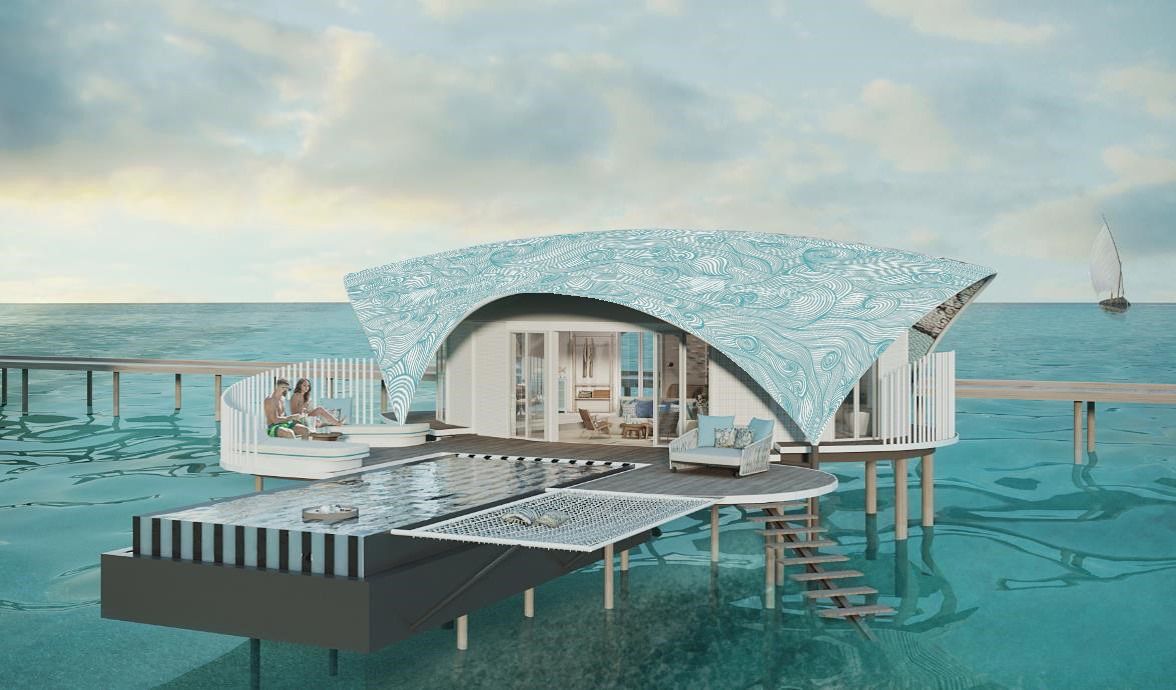The Sustainable Tourism Post-Covid-19 : The Future of the Tourism Industry
With a much-wanted break from intensive human activity, nature and environment have healed during the Covid-19 pandemic. We all know how the pollution indicators in big cities across the globe have declined to a significant extent. Climatic changes pre-pandemic have gone under control, pointing towards the importance of sustainability needed in different sectors, which is just the need of the hour. So does sustainable tourism got deep impacted
The pandemic has made the governments, authorities and people realized that it is not too late. Sustainable industries can bring a positive impact on the environment. Considering this fact, sustainable tourism is gaining priority over the mainstream tourism industry with a promise of significant positive impacts on the planet.
Signifying this fact, investors in the tourism industry ought to invest in products that are environment-friendly and sustainable to their best levels, such as Kanopya eco lodge designs.
Kanopya Living is one of the few Businesses Working towards the Goal
Kanopya energy-efficient and sustainable lodges for tourism are highly beneficial products for the environment as well as for your ROI. The company has introduced sustainable lodges made of high-quality material that can be shipped anywhere. Not only you get a 5-star experience with these comfortable and innovative designs, but also you get to have lodges compatible with all topographies. On top of that, the lodges are designed by international architects and interior experts to resonate with nature and offer a huge reduction in energy consumption by up to 75 percent.
Let’s see different materials and features of these sustainable tourism lodges:
-
Sustainable Timber Structure
The structures for these sustainable eco lodges are made out of wood from FSC forests properly insulated with bio-sourced materials (rice husk) to offer a true 5-star experience for your customers (thermal and acoustic comfort).
Moreover, these low energy structures only consume around 60 Kwh/h of energy per year. This means you get to establish your tourism business with optimum cost-effectiveness.
-
Highly Resistant Lodge
The roofs for the eco lodges come with environmentally sustainable materials that are Typhoon resistant and Seismic resistant. These make sure there is no risk involved in setting them to spaces with harsh climate conditions, such as Central Vietnam.
-
Energy-Efficient Windows
Double glazed windows, efficient insulation and on top of that bioclimatic design, our lodges offer optimum energy reduction. This way, you get to only see an energy expenditure of one-third compared to energy expenditure by using conventional materials.
-
Plant-Based Paints and wellness approach
The paints used in these luxury eco lodges are all originated from plants. This means they do not cause any hazard to life, which is impossible with artificially made paints containing toxic chemicals. More generally speaking, Kanopya Team really paid attention to avoid the use of chemicals and plastic to offer the best air quality.
Moreover, the “organic” paints are well-adapted to humid conditions, which means you do not have to worry about maintaining the walls frequently.
Kanopya eco luxury lodges are designed by keeping principles of sustainable tourism as the key inspiration behind. They are heavily focused on the benefits of sustainable tourism.
Be it recycled marble floor in the sanitary equipment or decks made out of sustainable woods; great care is taken in every regard while building these eco lodges with a minimum impact on environment. The work is a part of sustainable tourism post-Covid-19.
Final Thoughts
While tourism without keeping the environment under consideration was more popular in pre-Covid-19 times, it is not going to stay in the top charts anytime soon. The question of” “how to achieve sustainable tourism” has been made alive by the recent pandemic. As the time for prioritizing the environment has come, it is hoped that businesses such as Kanopya Living will play an integral part in promoting sustainability, especially tourism.


